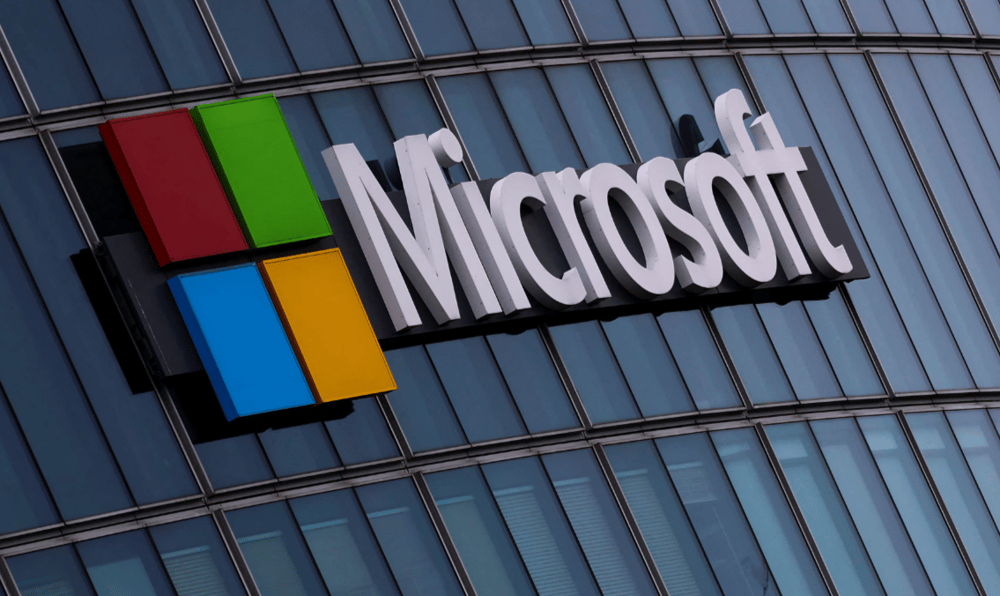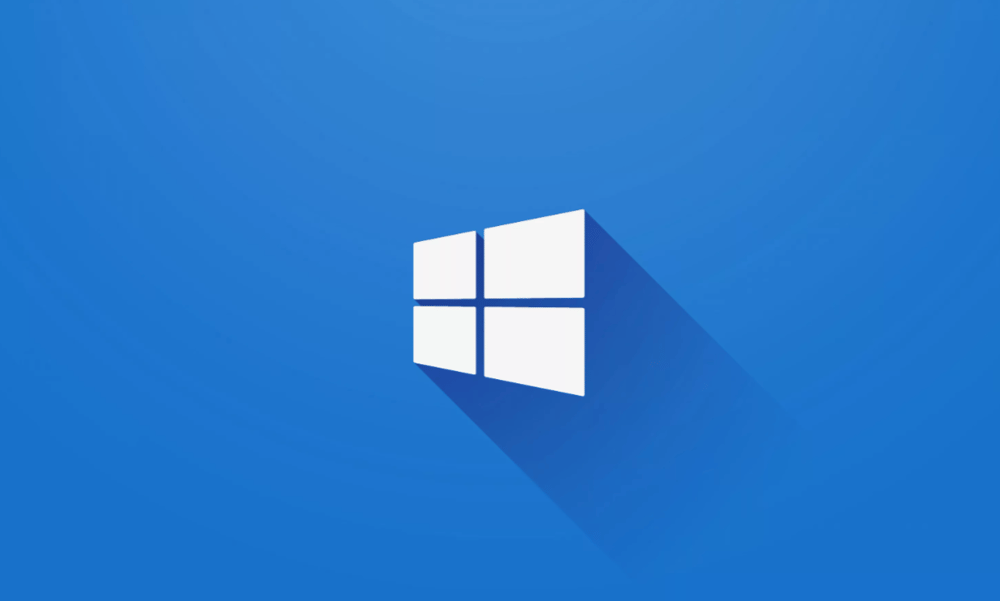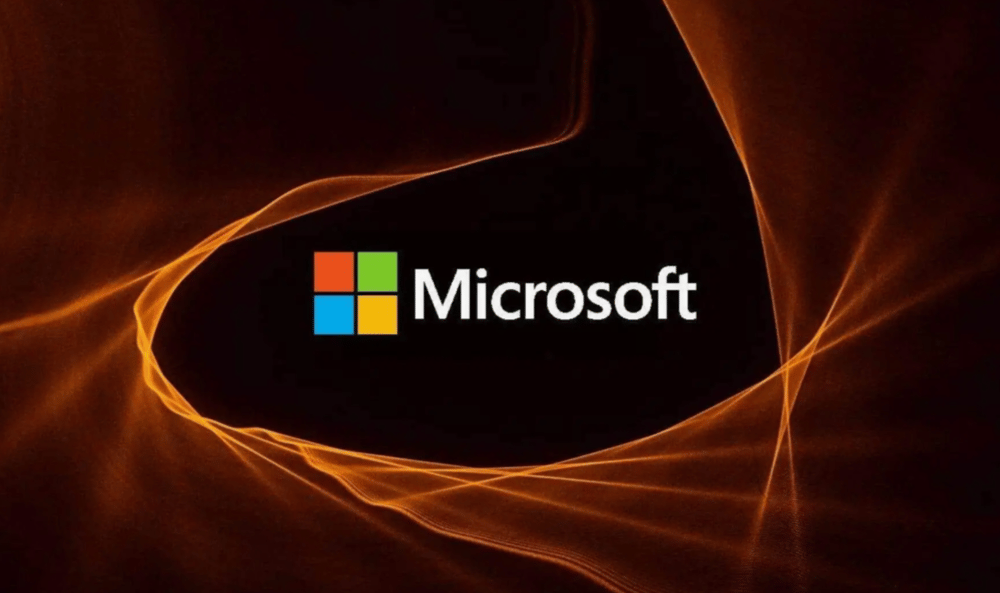Microsoft Files Lawsuit Against Lumma Stealer After 400,000 Windows PCs Infected Globally
Microsoft Corporation $MSFT announced on Wednesday that its Digital Crimes Unit (DCU) filed a lawsuit against the creators of Lumma Stealer malware. This legal action follows the detection of nearly 400,000 Windows-based computers worldwide infected with this sophisticated data-stealing software over the past two months. Lumma Stealer targets sensitive information from users’ browsers and applications, including cryptocurrency wallets, posing a significant threat to global cybersecurity.
Lumma Stealer Malware Impact and Microsoft’s Response
Lumma Stealer is a form of malicious software specifically designed to extract confidential data from infected Windows systems. Its capabilities extend beyond simple data theft, including the installation of additional malware that can further compromise affected devices. The malware primarily targets web browsers and software commonly used to manage cryptocurrency wallets, increasing risks for digital asset holders amid growing cybercrime activities.
Microsoft’s DCU plays a crucial role in combating digital crimes by identifying, tracking, and legally pursuing cybercriminals responsible for such attacks. The lawsuit represents a strategic effort to disrupt Lumma Stealer’s operations and hold its developers accountable under the law. This initiative also underscores Microsoft’s commitment to protecting its vast Windows user base, which constitutes a substantial portion of global personal computing.

Quick Facts:
Nearly 400,000 Windows PCs infected by Lumma Stealer in two months.
Lumma Stealer can steal data from browsers and cryptocurrency wallets.
The malware can also install additional malicious software on victims’ devices.
Microsoft’s Digital Crimes Unit filed a lawsuit against Lumma Stealer’s creators.
The action reflects growing efforts to combat cyber threats targeting Windows users.
Continued Analysis: Market and Cybersecurity Community Reactions
The announcement of the lawsuit has resonated widely across cybersecurity experts and the technology industry. Many view Microsoft’s aggressive legal action as a necessary step in the increasingly complex battle against malware proliferation. Cybersecurity firms emphasize that the sophistication of threats like Lumma Stealer requires coordinated efforts between corporations, law enforcement, and regulatory bodies worldwide.
Market participants also recognize the growing importance of robust cybersecurity measures for companies with significant digital footprints, such as Microsoft. Enhanced protection against malware not only safeguards user data but also reinforces trust in operating systems like Windows, which remain essential to business and consumer operations globally.

Key Points:
Lumma Stealer represents a major threat to Windows users, with hundreds of thousands of infections globally.
The malware targets critical data, including browser information and cryptocurrency wallets.
Microsoft’s DCU lawsuit seeks to dismantle the criminal infrastructure behind Lumma Stealer.
Legal actions contribute to broader cybersecurity defense strategies in the tech sector.
The case highlights the need for ongoing vigilance and collaboration to counter evolving digital threats.
Significance of Microsoft’s Legal Action Against Lumma Stealer
Microsoft’s decision to pursue legal action against the creators of Lumma Stealer signals a decisive move to confront one of the more damaging malware threats targeting Windows platforms today. With nearly 400,000 infected devices worldwide, the scale of Lumma Stealer’s impact underscores the persistent vulnerabilities in digital ecosystems, particularly around sensitive data and cryptocurrencies. The lawsuit not only aims to disrupt current malicious activities but also serves as a warning to cybercriminal networks that major technology firms are intensifying their efforts to protect users. This case exemplifies the crucial role of corporate-led cybersecurity enforcement in maintaining digital safety amid an evolving threat landscape.















Comments